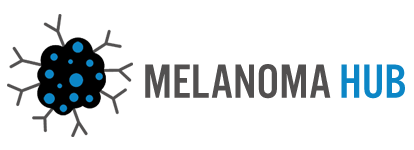Initial Grading Reminder
CTCAE grading of drowsiness:
Grade 1: Mild increased need for sleep
Grade 2: Moderate increased need for sleep
Grade 3: Severe increased need for sleep
Assessment and Grading
Characterize the symptom (onset, pace)
Ask the patient:
Is this a new or worsening symptom? When did it start or get worse? Has it developed gradually or suddenly?
Note: More sudden onset would be suggestive of an endocrinopathy
Grade the symptom
Ask the patient:
How drowsy are you? Do you feel rested when you wake up?
Patient Query Regarding Other Symptoms/Red Flags
Ask the patient:
Do you feel drowsy all day? Do you have severe head pain with vision changes, fever, nausea, and vomiting? Do you have any yellowing of the skin or eyes or any swelling in your abdomen (belly)?
Patient Factors to Consider That Affect the Approach to Intervention
Consider the following in individualizing the intervention: Is the patient a good or poor historian? Any language barriers or cognitive deficits? Is the patient reliable (able to carry out treatment recommendations)? Does this patient have alcohol/substance abuse issues? Does the patient have transportation? Is there sufficient caregiver support?
-
Click Here for Telephone Triage
Suggested Intervention
Patients with severe drowsiness should be seen.
If patients have any of the red-flag symptoms, they should be seen immediately.
-
Click Here for In-Office Triage
Nursing Assessment of Potential Causes
[tab category='Hepatotoxicity' header="Hepatotoxicity - Nursing Assessment" tab1='Look' tab2='Listen' tab3='Recognize'][tab category='Hypophysitis' header="Hypophysitis - Nursing Assessment" tab1='Look' tab2='Listen' tab3='Recognize'][tab category='Thyroiditis' header="Thyroiditis - Nursing Assessment" tab1='Look' tab2='Listen' tab3='Recognize']
Differential Diagnosis
What do you suspect is the cause of the drowsiness?
